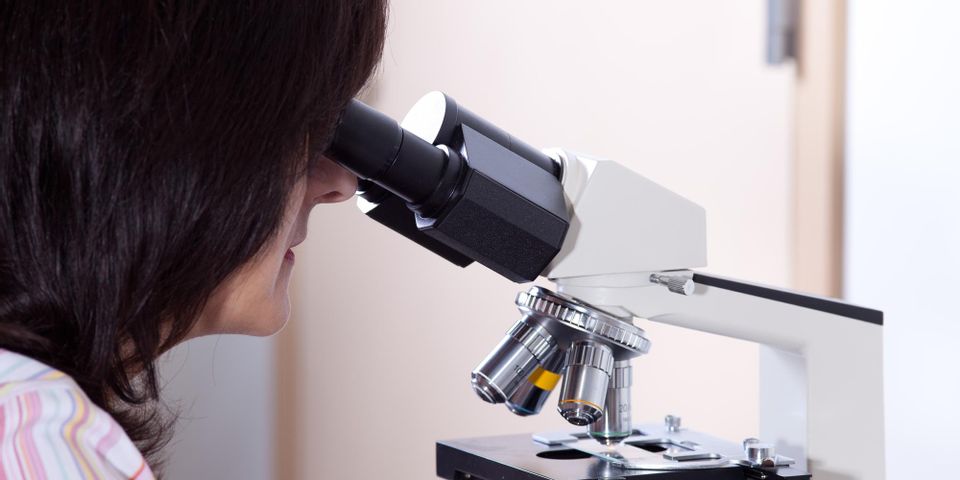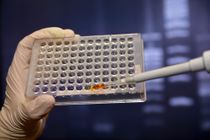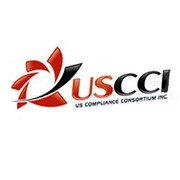
Forensic testing is commonly used in legal proceedings to analyze DNA data needed to solve crimes. It differs from general clinical testing precisely because of this legal aspect. In the United States, DNA evidence was first used to put a criminal behind bars in 1987. Since then, advances in forensic science and technology have allowed for faster and more accurate testing, making it an increasingly reliable method of solving crimes.
What Forensic Testing Entails
Every person has a unique genetic makeup thanks to their one-of-a-kind DNA. This can be found throughout the body, including in hair strands, blood, saliva, fingernails, and skin cells. These can be gathered at crime scenes from clothes, drinking glasses, and doorknobs, among other things.
 The results of subsequent analysis can be used to solve crimes—even those that are decades old. Thanks to nationwide DNA databases and rapid testing, many cold cases have been solved—such as the “Golden State” killer. Forensics can also be used to check paternity or identify missing persons or victims.
The results of subsequent analysis can be used to solve crimes—even those that are decades old. Thanks to nationwide DNA databases and rapid testing, many cold cases have been solved—such as the “Golden State” killer. Forensics can also be used to check paternity or identify missing persons or victims.
How Forensic Professionals Are Trained
Since forensic testing results can be used to exonerate the innocent or lock people up, samples are legally required to be handled in a precise manner safeguarding against contamination. A sample is passed along a “chain of custody” and every person handling it must fill out relevant documentation.
The laboratory staff who handles and processes forensic testing specimens thus receive training not only in laboratory sciences but also in this legal protocol. If the procedure isn’t followed correctly, the forensic evidence may be considered compromised—and thus inadmissible in court.
Given the impact that forensic testing can have on a criminal case, it’s essential to avoid human error in the process. This is why law enforcement officials only rely on certified, experienced laboratories with the appropriate credentials for this work.
US Compliance Consortium of Phoenix, AZ, offers comprehensive laboratory testing with 99% accurate results. Their comprehensive services include everything from on-site alcohol and drug testing to DOT compliance education and forensic testing. You can get a full overview of their offering online. Call (602) 765-2200 to discuss your needs and schedule an appointment. forensic testing
About the Business
Have a question? Ask the experts!
Send your question

